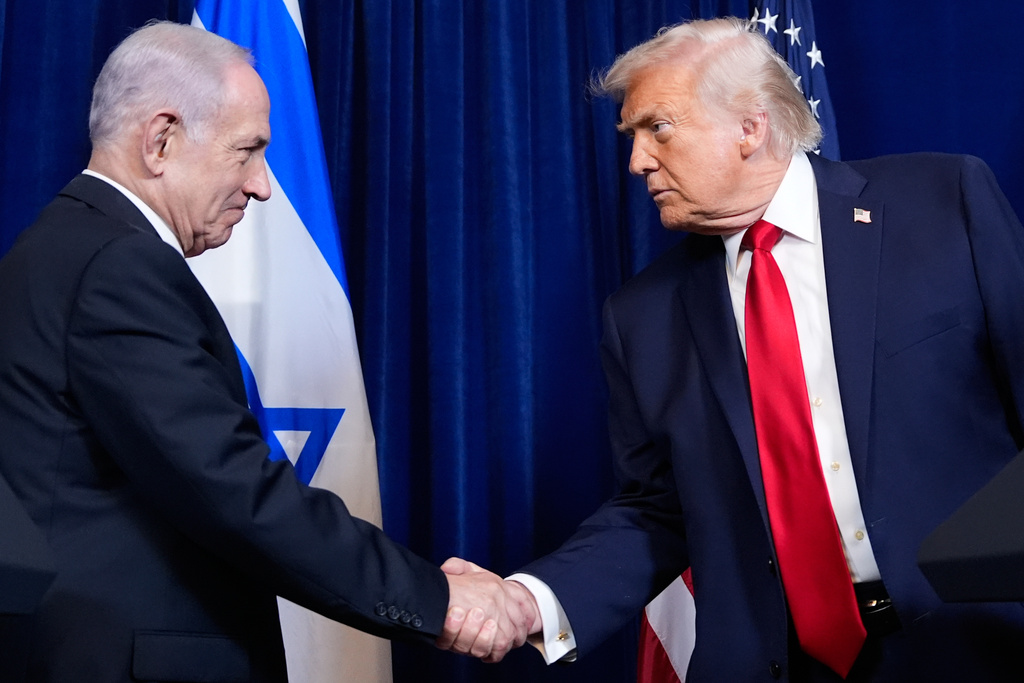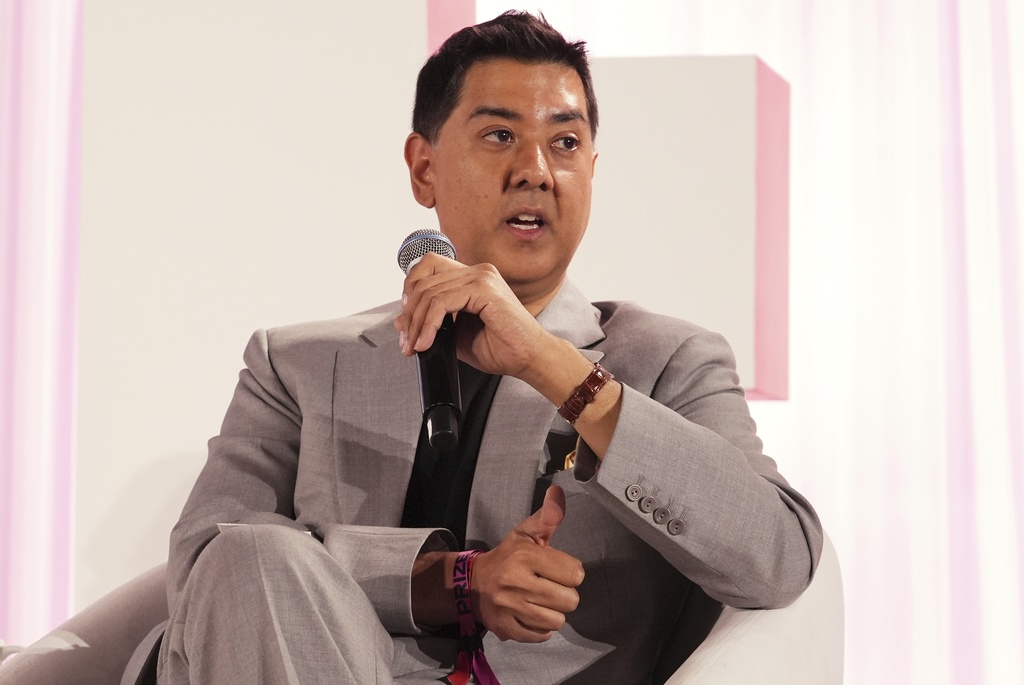Russia is turning to countries like Jordan in order to turn a Syrian cease-fire into a broader de-escalation zone.
Russian Foreign Minister Sergei Lavrov recently met with his Jordanian counterpart, as well as Jordan's King Abdullah II. Both countries called the current cease-fire "successful."
Russia is a strong backer of Syrian President Bashar al-Assad. Jordan, on the other hand, has backed the Syrian rebel militias seeking to topple Assad. It's also thrown in with the U.S.-led coalition to fight ISIS.
The current cease-fire in southern Syria came from three-way talks between Russia, Jordan and the U.S. It went into force on July 9.
Jordan has called for a political solution to the civil war. The country shares more than 200 miles of its border with Syria and claims to host more than 1 million refugees.
But a de-escalation deal with Russia might just end up bolstering Assad; Reuters reports that rebel fighters claim the zones would allow Syrian troops to go after rebel groups elsewhere in the country.




 These 2 Countries Are Against Ending Fuel Shipments To North Korea
These 2 Countries Are Against Ending Fuel Shipments To North Korea






